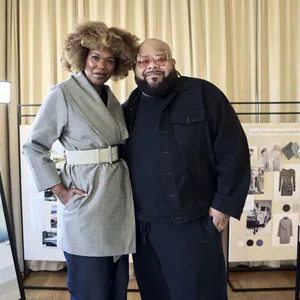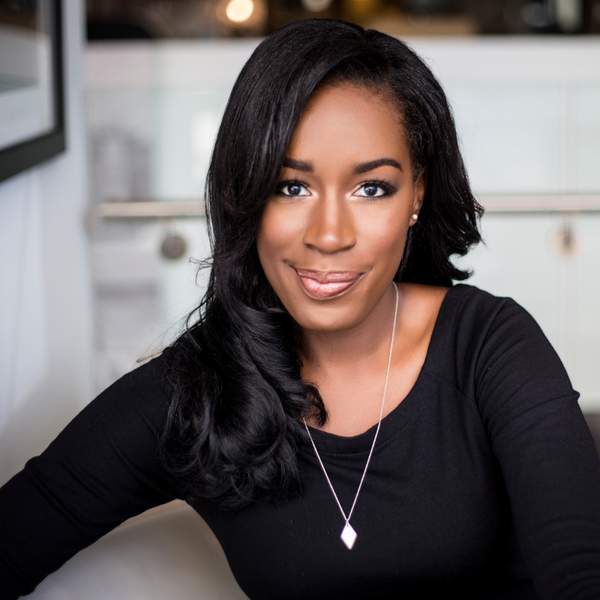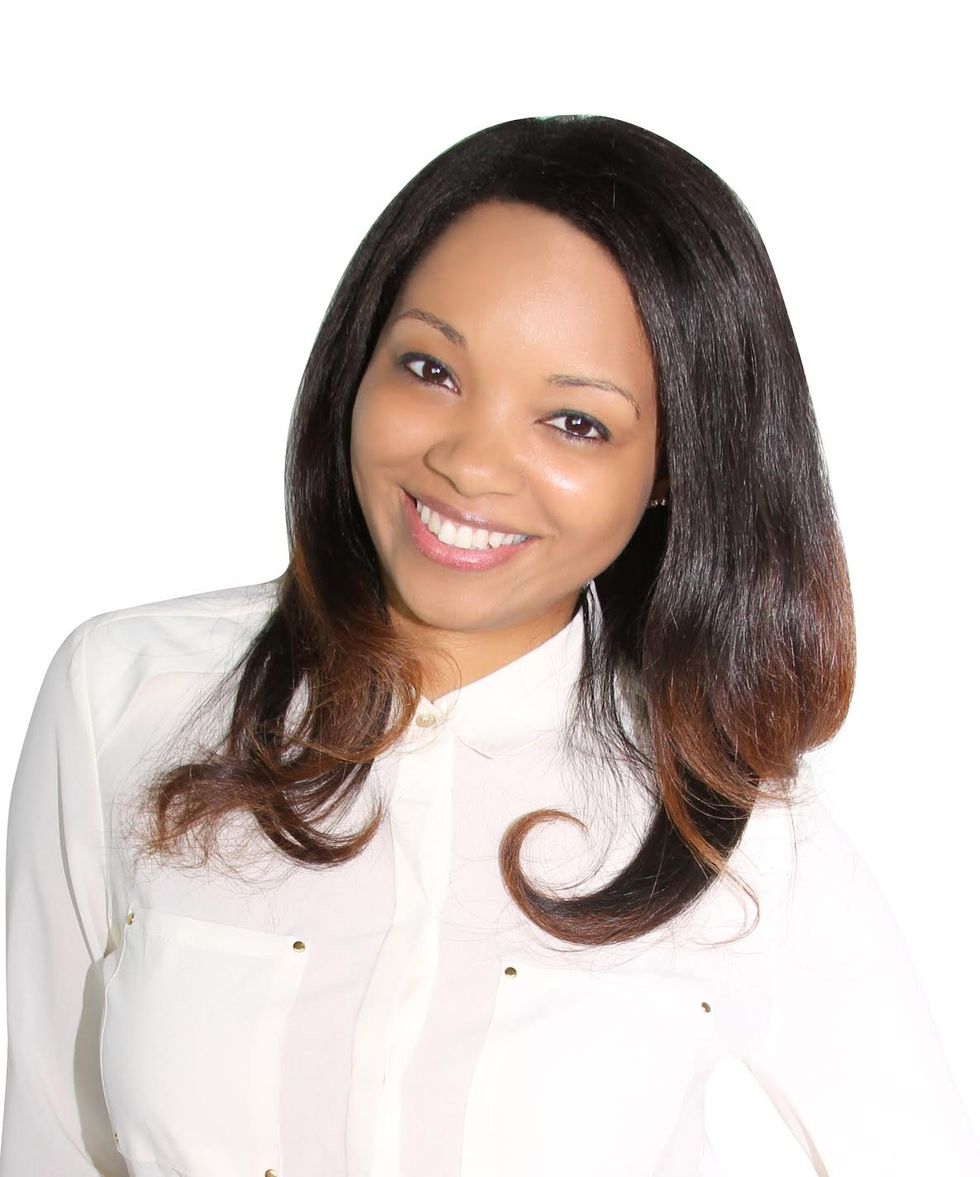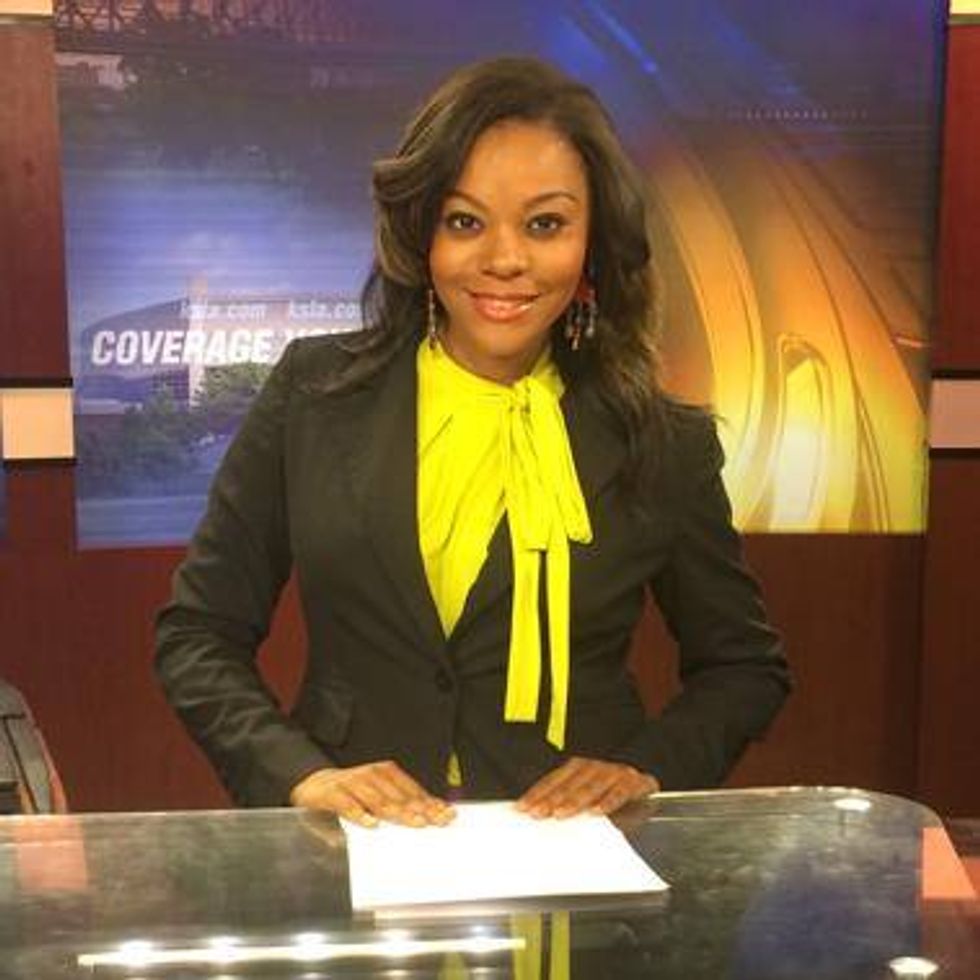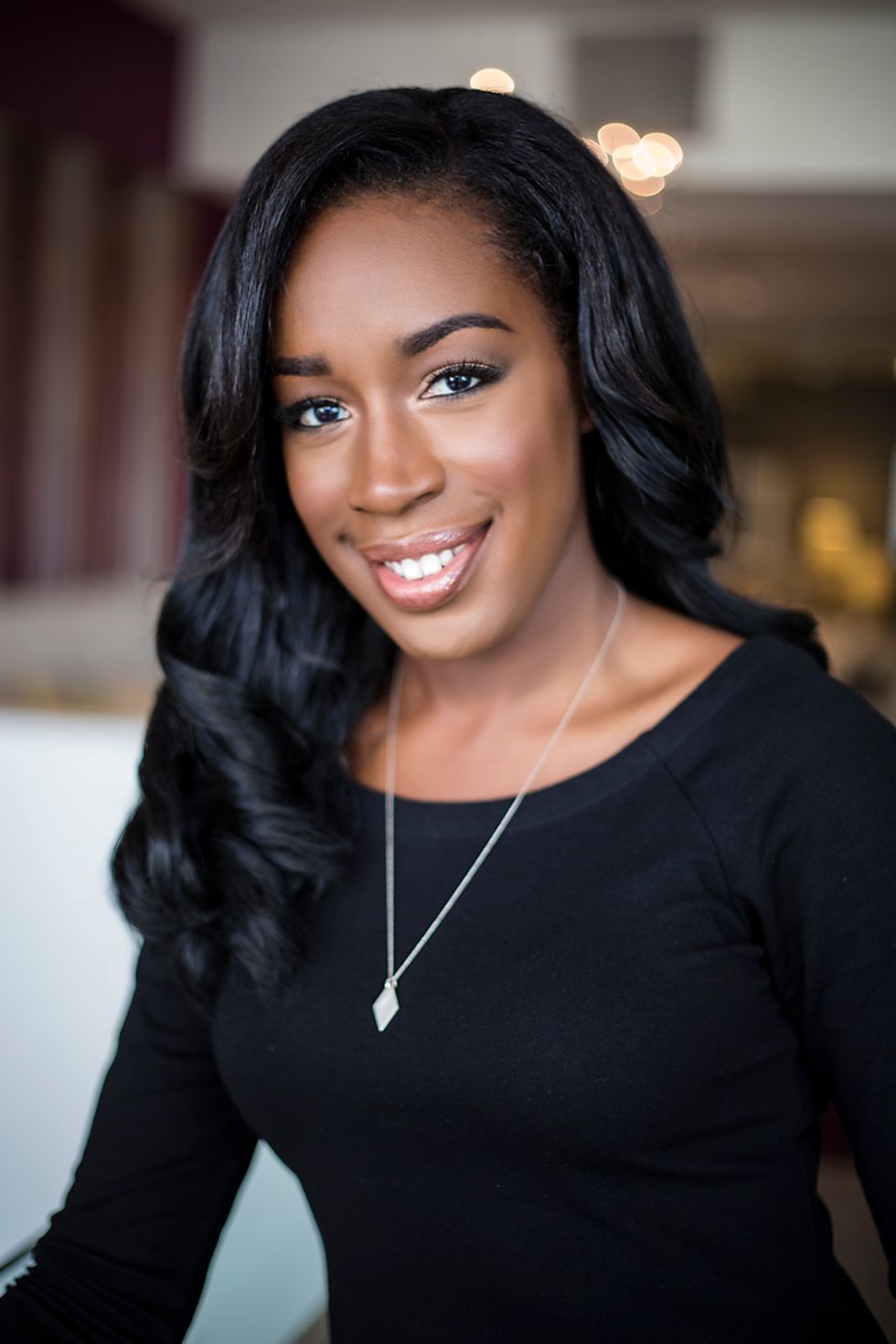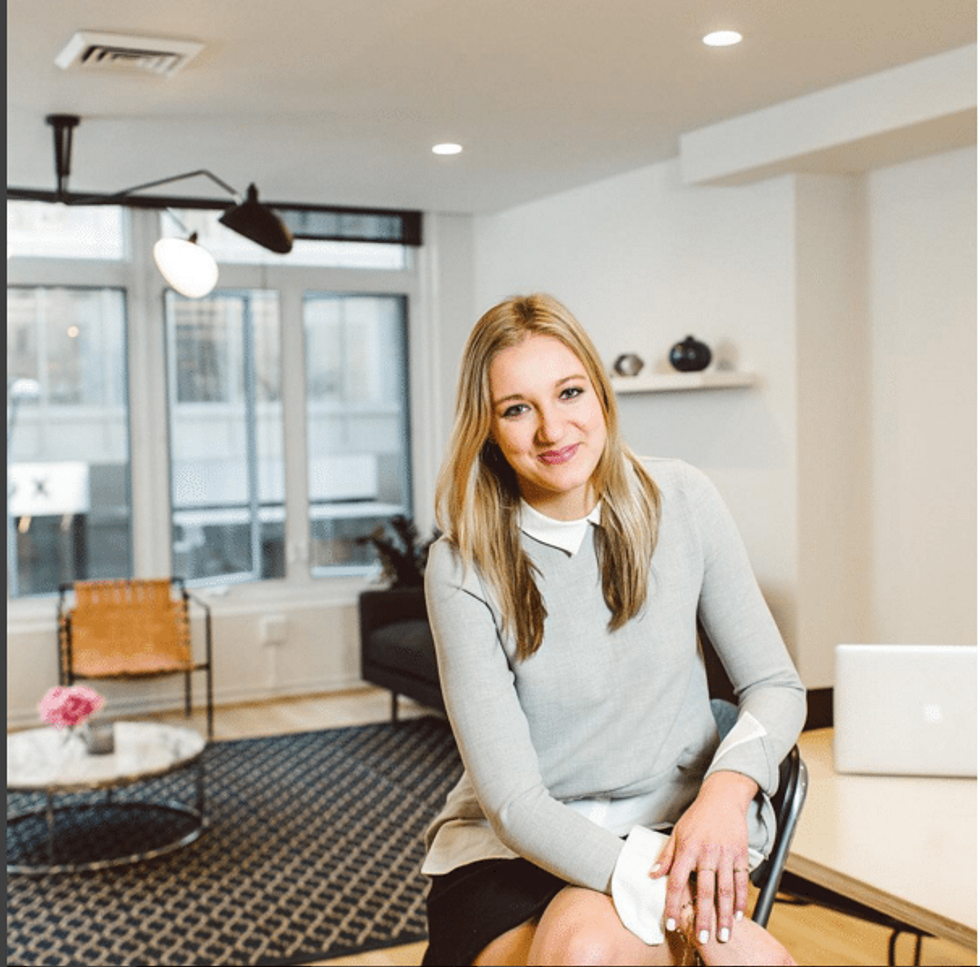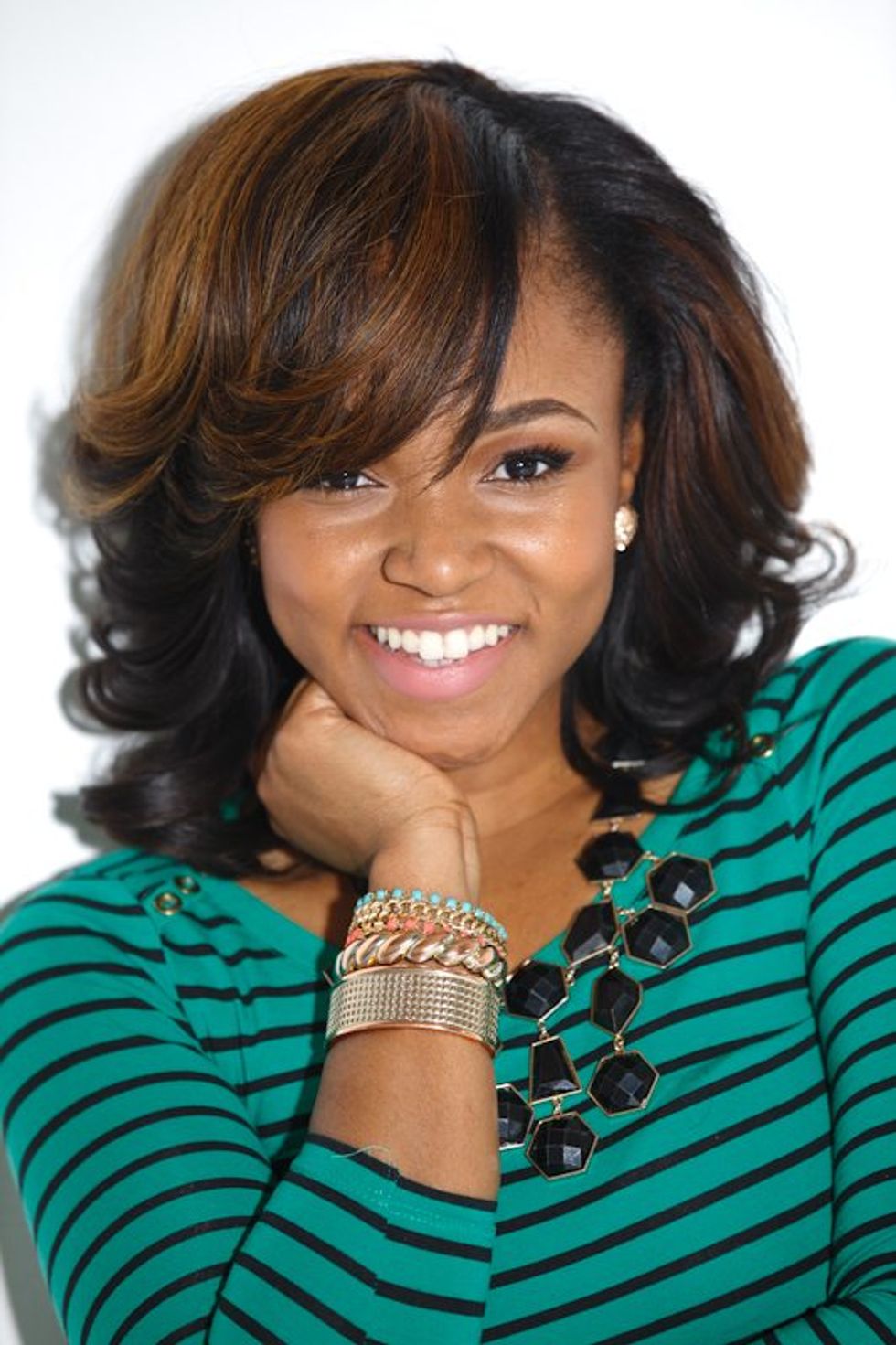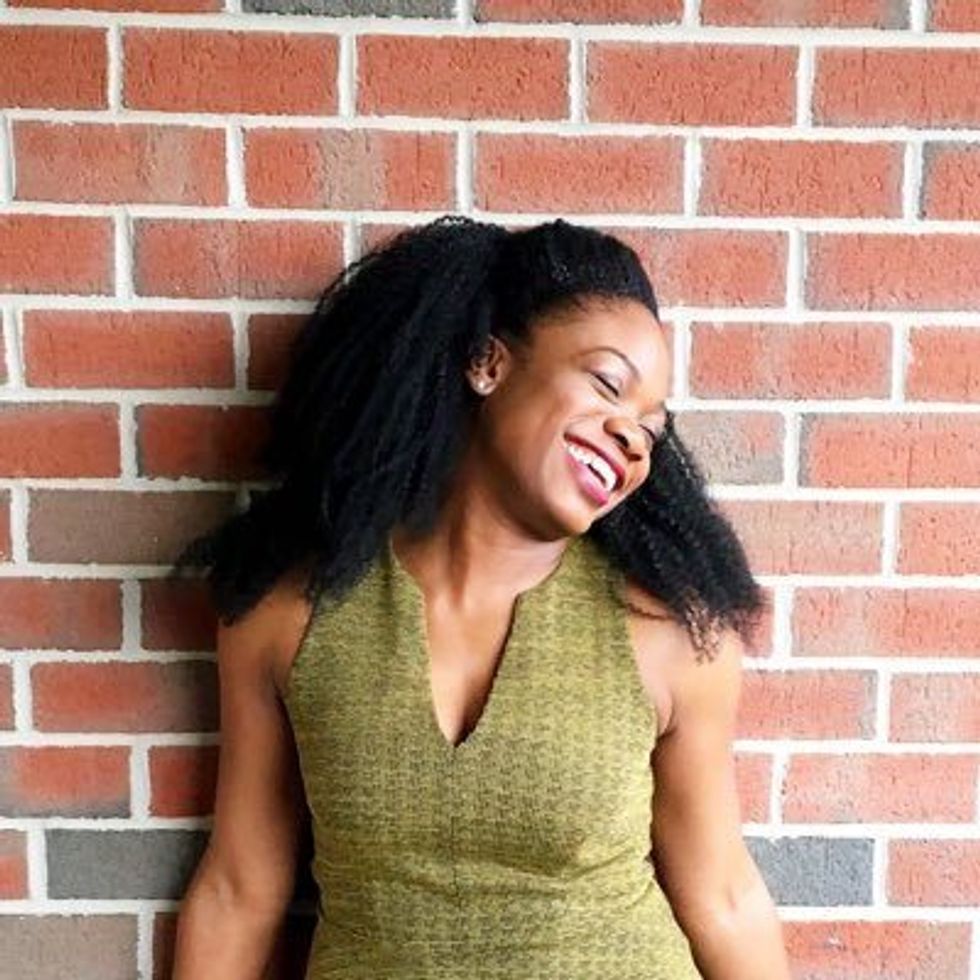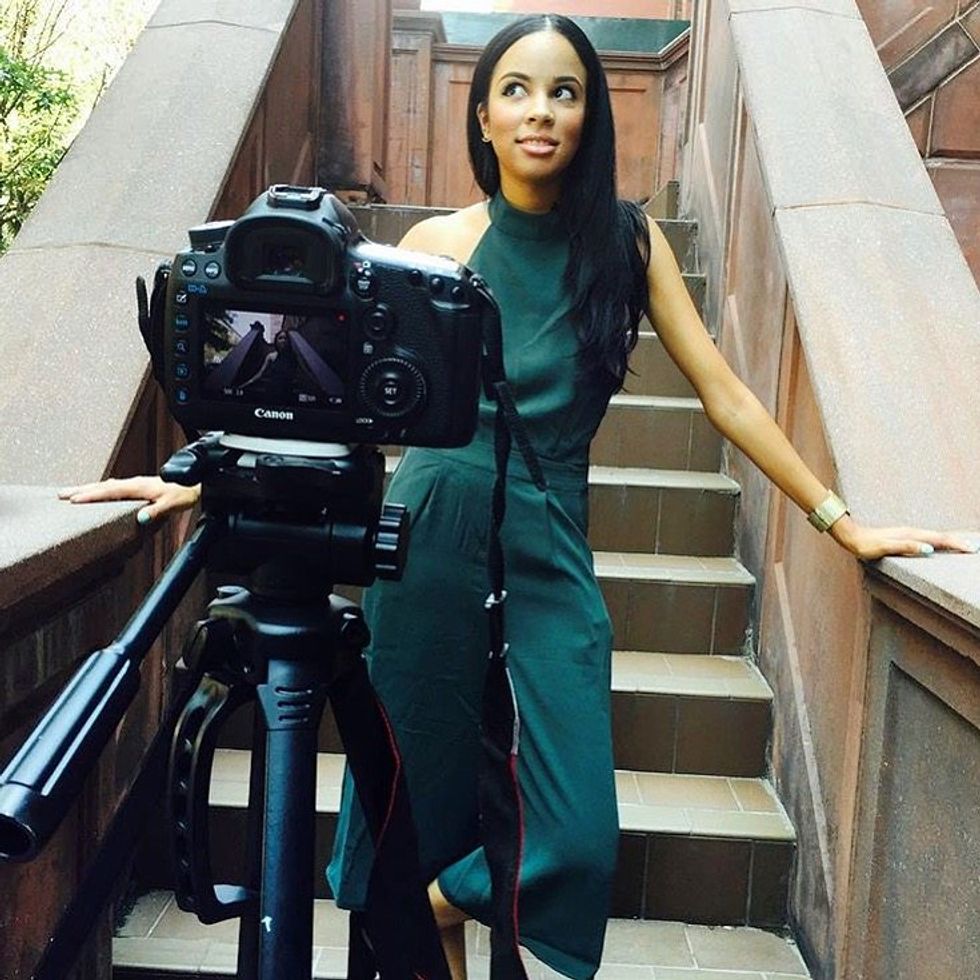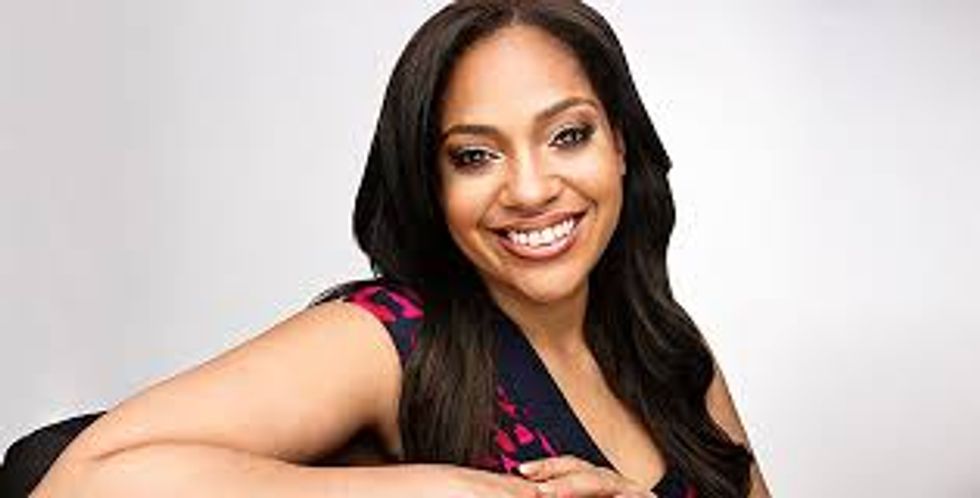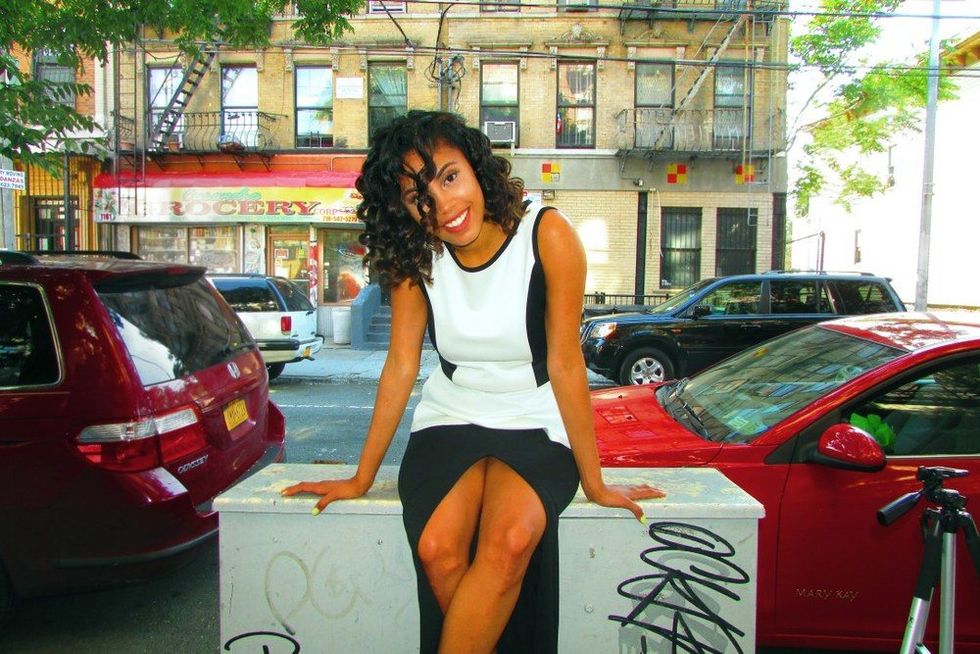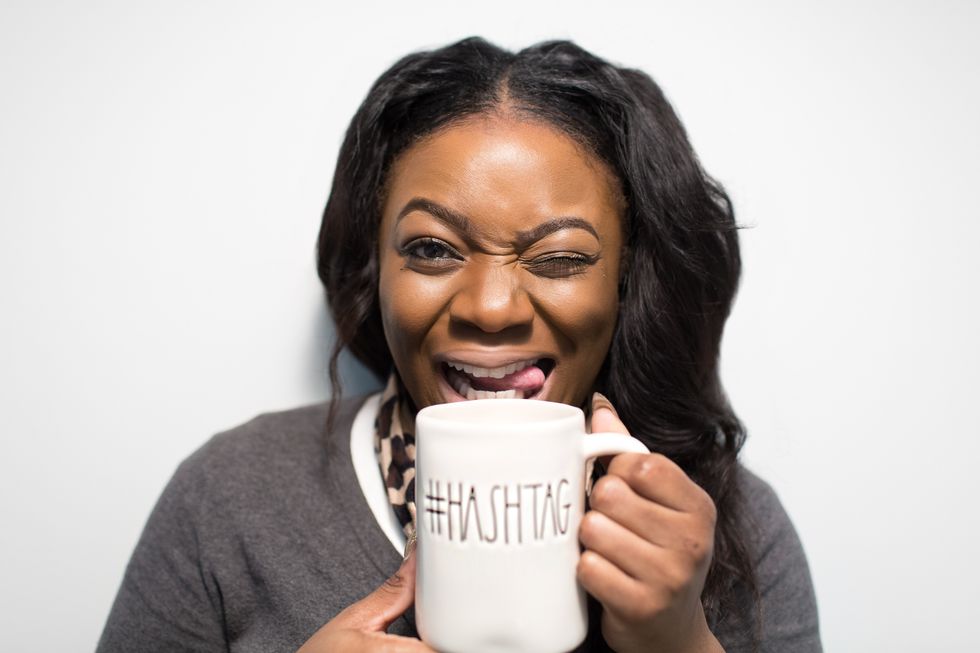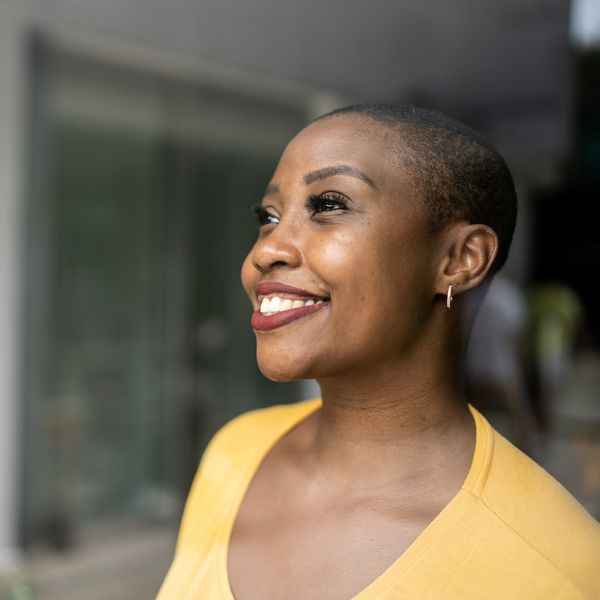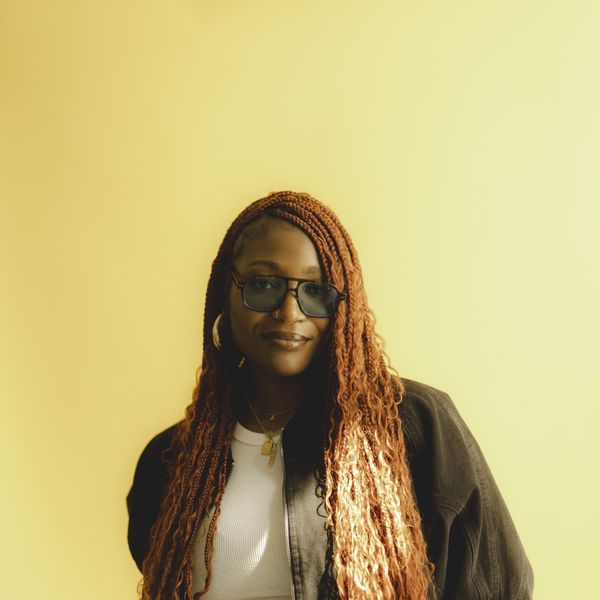From choosing love over our career goals to not negotiating, there are so many career mistakes that young women make.
When we are in our 20s, we are in a very vulnerable state in our lives. For some of us, we just finished college, are working at our first “real" jobs, and we are even starting families. In the midst of it all, we tend to make simple mistakes as it relates to our careers. Since I graduated from undergrad, I've made plenty of the same mistakes that my female friends have made. I cringe now when I think of them from time to time, but now that I know better, I try my best to do better.
Recently, I was able to connect with a few girl bosses in various careers and personal backgrounds. Each woman shared their biggest career mistake and what they learned from it. Whether you are a graduating college senior, just starting out on your own, or a 20-something woman that is already working, you will be able to benefit from the wisdom of each of the boss women below. Each woman shared her own career mistake and how they've managed to get in formation (slay girl, slay!)
1. Sheena Allen (@whoisSheena)
Entrepreneur & Founder of Sheena Allen Apps & Insta Funds
Learn when to ask for help.
"My biggest career mistake in my 20s was thinking that I could do it all on my own. I started my first tech company as a solo founder and actually waited a good amount of time before seeking mentorship or a team to help in growing my company. I learned that it is important to have a great team in order to build a great company. Trying to do everything on your own will tire and stress you out, which only leads to hurting your company."
2. Troy Washington (@thetroyla)
On-Air News Reporter for KSLA
Have faith in yourself over everyone & everything else.
"I vowed that I would keep this mistake between myself and the reporter who found me bawling my eyes out in the restroom but if it helps someone else out in their career then I suppose the embarrassment is worth it. It took a nightmare live shot during the evening news to teach me that you shouldn't depend on technology. No matter how confident you are in your smartphone, keep a backup plan!
"I was reporting live on a complicated story, the anchor tossed my phone to me and my iPhone canceled out of my notes. I spent the entire shot stumbling and trying to open the note in my phone. Finally, to no avail, I tossed the phone back to the anchors feeling defeated. To top it off a viewer came up to me right after and said "got a little tongue-tied there at 5." I was mortified. Now no matter how simple or complex the story is I don't complicate things or depend on anything else. I rely on old fashioned pen, pad, bullet points, and what I know. This taught me to trust myself instead of a flimsy note in my phone.
"Believe it or not that moment built my confidence because I knew I could never repeat that mistake. In essence, falling on my face has always delivered the best lessons. That was one of my first live shots and I've done hundreds more since then but I'll never forget that one. That's the one that humbled me, it hurt, and taught me that I never wanted to experience it again. In TV, you'll make mistakes and that's inevitable because you're human and likely those mistakes will be broadcasted, but as long as you don't repeat those mistakes, you'll be fine."
3. Shay Lawson (@ShayMLawson )
Diversity Professional & Attorney
Stay hopeful, be fearless, & focus on you.
"I have quite a few career mistakes that comes to mind, but this one sticks out the most:
"When you start working, you need to negotiate. Women make $0.79 for every $1 a man makes, often because men demand more. I didn't even know this was an option when I was in my twenties and in talking to my girlfriends they all agreed that they wish they had negotiated for a higher salary in their first few jobs. I know that's not something most young women are comfortable doing, but men do it ALL THE TIME!!!
"Do the research, know how much people at the job and experience level make, and also come prepared to explain why you want what you're asking be it for relocation, for cost of living, etc. Once you've been offered a job, don't worry you will lose the offer. You're not being petty over pennies, you're getting what you're worth."
4. Emily Drewry (@emily.drewry)
Assistant Social Media Editor at Forbes
Never let the world drown out your voice.
"My biggest mistake thus far has been holding back my thoughts in the workplace because I lacked confidence. As a 22-year-old in my first role out of school, I would frequently wait to bring ideas to the table until I was 100% sure they were good and would be successful. At a certain point, my boss sat me down and told me that I needed to stop focusing on my age and let the ideas speak for themselves.
"It's harder than it sounds to forget about seniority and structure at the office, but doing so let me shine so much more -- and perform better in my role. I try to remember that every day is a new opportunity to prove my skills, and I can't do that without speaking up."
5. Gia Peppers (@giapeppers)
Freelance Entertainment Journalist & On-Air Talent (portfolio includes the NBA, BET, ESSENCE, Hot 97 & more)
Be faithful & fearless to YOURSELF.
"I've learned a lot in the first five years of my 20s. The top thing I want other young women to know is that an internship doesn't guarantee a job and you should be loyal to you. In college, I interned almost every semester to make sure I knew exactly what I wanted to do in radio and/or TV. When I graduated, my resume was stacked with "experience." I just KNEW everyone was going to be knocking at my door (or LinkedIn page) with opportunities. But, after I got all my cookout celebrations out of the way, I still had no offers and had to take a job outside of my field to start paying back loans. I hated it. I would go in the bathroom and cry.
"BUT, the resources I had-- like a laptop and overnight car service-- motivated me to work all hours of the night to ensure I would not be there longer than one year. Every moment you have is meant to prepare you for the next one. Do your best in that moment and learn all you can. And, don't be surprised if no one calls you RIGHT after you graduate. It takes a job to get a job. Once you get that job, be loyal to YOU. Our parents grew up in a time when you could stay at one company for 20 years and move up to make more money and gain experience within the company.
"Unfortunately, our generation doesn't have that security. In many fields, companies barely pay full salaries with benefits. In fact, many of these same companies don't offer raises until an employee threatens to leave. Have your own brand. Make yourself irreplaceable and save for rainy days. In this economic climate, you will probably have some."
6. Nicaila (Caila) Matthews (@CailaKSpeaks)
Senior Manager of Social Marketing at NPR, Founder of CailaKSpeaks.com
Setbacks are temporary. Comebacks create legends.
"My biggest career mistake in my 20s was believing that a job at a big media conglomerate would guarantee happiness and career growth. I was lured by the brand's name and glitzy reputation, but I did not take the time to assess how it aligned with my career goals. Two years and one horrible boss later, I ended up quitting my first job out of college and going through a frustrating period of unemployment, having to move back home, and feeling like a failure. I bounced back by starting to side hustle as a blogger and freelance writer, which led me to my calling as a digital content marketer.
"If you're reading this and experiencing the same feelings of disappointment and confusion that I did, take the time to assess what you want from your career and life and write down three things you plan to do to get there. I worked at an unrelated job for one and a half years while I hustled to get to the next stage of my career, and ended up living with my parents for three years (two years longer than I planned). In the end, I know you'll be happier and that much closer to fulfilling your authentic purpose on this earth. This low point in my career would later propel me into social media marketing and drive me to get my MBA. As I learned from my experience, sometimes you have to take a step backward before you can move forward in pursuit of your goals."
7. Sidnee Michelle Douyon (@sidmich_)
Editorial Operations Assistant at Forbes, and Music and Entertainment Writer/Reporter
Never let your insecurities get in the way.
"My biggest career mistake I've made in my 20's would be second-guessing myself. There were times I was hesitant and even shied away from going after certain opportunities and interviews because I thought I didn't have what it takes to execute at 100%. I learned that you have to always go for what you want, especially in your career.
"If you let the fear of failure or your insecurities keep you from going after what you deserve then you'll never reach the heights of your potential. If I could go back in time to prepare myself for the struggles I went through, I wouldn't do anything different but develop a personal confidence within myself early on and really use that as a driving factor to push me forward in my career. Fast forward, I've definitely evolved into a much more confident journalist. Before I even execute an interview or gain an opportunity, I go into it like I know I'm going to "kill this." I also have evolved my work ethic to align with a 'newfound career confidence' where I put in the work and research to be able to go into an assignment or interview 100% confident and prepped."

8. Melissa Kimble (@Melissa_Kimble)
Senior Social Media Manager at EBONY, Leader of The#blkcreatives
Know when to walk away & when to stay.
"The biggest mistake I've made is giving away my power. Anytime my true value wasn't recognized or my energy was being depleted in situations that didn't fulfill or honor me, I should have made the decision to walk away from those things sooner.
"If you're constantly giving away your power, you're living in a place of fear and fear destroys everything, especially your chance to succeed and build the career life you really want for yourself."
9. Ariel Lopez (@ArielLopez__)
Founder of 2020Shift
Try to make the most out of every situation & be the best.
"The biggest mistake I made was making a leap before I was ready (I was 22 at the time) I was working full time at a staffing firm and also on a startup idea when I was presented with an opportunity to work from home. I immediately thought that this was a dream situation. Make money and have more time to work on my own thing- why not? Unfortunately, the position fell through within a month's time and I had to scramble to figure out how to make it. I went through a super rough time and almost had to move back home (nightmare) but was able to land something a few months later. I learned that you can't try to game the system. I wasn't taking the position to give 100% effort to them, I was using them as a catalyst to get my own thing off the ground (bad karma). It also taught me to really think things through before making life-altering decisions. I wasn't financially prepared to sustain myself and my expenses if my job didn't work out.
"Ultimately, I took a risk on leaving something stable to pursue the unknown, but I think it paid off. That experience fueled me to do it all over again, just better. I actually don't believe in mistakes, just lessons learned. I recently took the leap again, but this time I had things aligned differently. Since then, I've evolved a ton as an entrepreneur and also as a career coach. I'm able to advise people on their careers because of my personal experience. It's also shown me that if I can bounce back once I could do it twice. I'm unafraid because I know what I'm capable of."
10. Emmelie De La Cruz (@EmmelieDeLaCruz)
Author of Make Yourself Marketable & Personal Branding Strategist
Your personal brand is more important than you may think.
"The biggest career mistake I made was believing that I needed the right credentials to be an expert. Have you heard of Malala? Imagine if she censored herself because she considered herself too young and her story insignificant. We wouldn't have the youngest Nobel Peace Prize winner. Our personal brand is a combination of our personality, skill sets, and the value we create for others.
"It is all about who we are, what we do and how others perceive us through those in-person and digital interactions. Building your personal brand inside and outside the workplace is necessary to accelerate your career. Our insecurities around self-promotion, our credentials, and contributions will disappear when we understand that the stakes for us to succeed as a sisterhood are so high that we are almost forced to tell our story for the sake of being a resource to someone else. We have an important story that needs to be told and heard. The unique combination of your personal and professional experience, your skills, and accomplishments already make you an expert."
11. Tola Lawal (@tola617)
Entrepreneur & Founder of SixOne7Creative
Never let them see you sweat or lose your cool.
"One of my biggest career mistakes was bringing my emotions to work. In my early 20's I let a co-worker take me out of my professional element and I went OFF in the office. My bosses and co-workers were SHOCKED! I was a great employee and most times I ignored the tomfoolery but at that point, I was fed up. As busy as I was supporting a number of senior-level executives, I didn't have time. But that day... that day, I had time. But after I lit the office up, I was SO embarrassed. After this mistake, I learned a few things. I learned the importance of a poker face, and that most of what goes on at work is not personal. Don't take any of it personally. If there is an issue, go to your immediate boss, and if that doesn't resolve the issue, take it to Human Resources.
"BUT don't EVER give someone the satisfaction of taking you out of your calm which can result in you embarrassing yourself. Since that mistake, I don't take much personally. There is always going to be someone, something, that ruffles your feathers at work. Be like a duck and keep calm. Don't let anything get to you, and if it does, vent in private. Vent to your accountability partners, your friends, but NEVER, EVER at work."
Featured image by Shay M. Lawson
Originally published December 9, 2017
- The Mistakes Of My 20s Equipped Me For My 30s - xoNecole: Women's Interest, Love, Wellness, Beauty ›
- Most Common Money Mistakes - xoNecole: Women's Interest, Love, Wellness, Beauty ›
- How To Build Career Confidence - xoNecole: Women's Interest, Love, Wellness, Beauty ›
- 7 Boss Women Reflect On Their Biggest Career Lessons Of 2019 - xoNecole: Lifestyle, Culture, Love, Wellness ›
- The Five Deadliest Career Mistakes -- And How To Fix Them ›
- 10 Career Mistakes I Wish I Had Never Made – The Blog Of Darius ... ›
- 5 Career Mistakes You Will Regret In 10 Years ›
- 12 Deadliest Career Mistakes You Need to Stop Making Now | Inc.com ›
- 9 career mistakes to avoid in 2017 ›
- 5 Common Career Mistakes—And What You Can Learn From Them ... ›
- The Career Mistakes You Should Be Making ›
- 5 common career mistakes to avoid at all costs | Ladders ›
- 6 Career Mistakes Even Smart People Make | On Careers | US News ›


